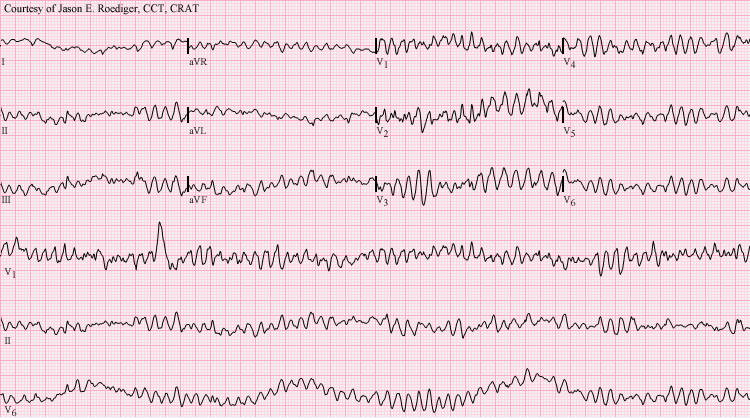
Ventricular fibrillar rhythm, or V-waves, is described as the most dangerous cardiac arrhythmia
V-waves can cause sudden chest pain (SCA) that requires immediate medical treatment. Signs of SCA include:
- No normal breathing. A patient who suddenly suffers from sudden chest pain will have difficulty breathing and may experience shortness of breath. This symptom can be life threatening. The victim may faint and die before help arrives. If you notice any SCA symptoms such as chest pain, shortness of breath, or if you think you may be having a heart attack, call 911 immediately.
- Chest Pain Patients with chest pain often experience acute chest pain. This pain is also accompanied by shortness of breath, which can get worse if the person is unable to breathe properly. This symptom is not life-threatening, however, if you experience chest pain or chest discomfort while sleeping, you should seek immediate medical attention. In addition, patients who experience chest pain similar to a heart attack may develop heart attack symptoms.
Heart attack symptoms include:
- Night seizures Patients with nocturnal seizures may wake up in the middle of the night for no apparent reason. Attacks can also occur at any time of the day.
- Fast heartbeat Some patients may have a rapid heartbeat, which is usually caused by V-shaped arrhythmias, leaving unattended can lead to serious heart problems. This symptom can lead to sudden death if left untreated, so it is always best to seek immediate medical attention.
- Chest discomfort Some patients who have a ventricular fibrillar rhythm may experience chest discomfort or pain during their sleep. This symptom is caused by an arrhythmia that is occurring in the ventricular muscle, which is responsible for the heart's pumping action. This symptom can be more severe than the other symptoms described above.
- Tender chest pain This is a pain felt in the chest and in the upper arm that usually go down the arm or down the leg. This pain can spread to the shoulder and down the arm or down the leg. The pain will generally get worse when lying on your back. Patients with ventricular fibrillar rhythms will feel pain in the chest, even after they've gotten up off the bed. Patients may also feel pain in the leg, as well as pain in their abdomen, and may even feel some difficulty with their swallowing.
If you suspect that you or your loved one have a ventricular fibrillar rhythm, seek medical attention right away. If the patient has other signs and symptoms such as shortness of breath, no normal breathing, shortness of breath, difficulty in swallowing, difficulty in moving your head, chest pain, coughing or choking, you should visit a hospital emergency room immediately.
Also, if you notice that the patient suddenly collapses while they are asleep and have no signs of having a cardiac arrest. You should call 911 right away.
A doctor will first try to determine if your heart is beating abnormally
They will then check your heart rhythm and check to see if you have any abnormalities on your electrocardiogram. ECG). Your doctor will then order an EKG to look for irregularities.
A patient's age and whether or not he or she has any pre-existing health conditions are also taken into consideration when diagnosing a ventricular fibrillar rhythm. VFT). The doctor may order additional tests to rule out other possible causes. such as myocardial infarction or ventricular fibrillation.
If you are not experiencing a heart attack, then the goal is to help improve your health and wellbeing. If you suspect that you may be having a ventricular fibrillar rhythm, it is best to seek medical attention as soon as possible. If this problem is not corrected as soon as possible, you could be at risk of life-threatening or permanent damage to your heart.

